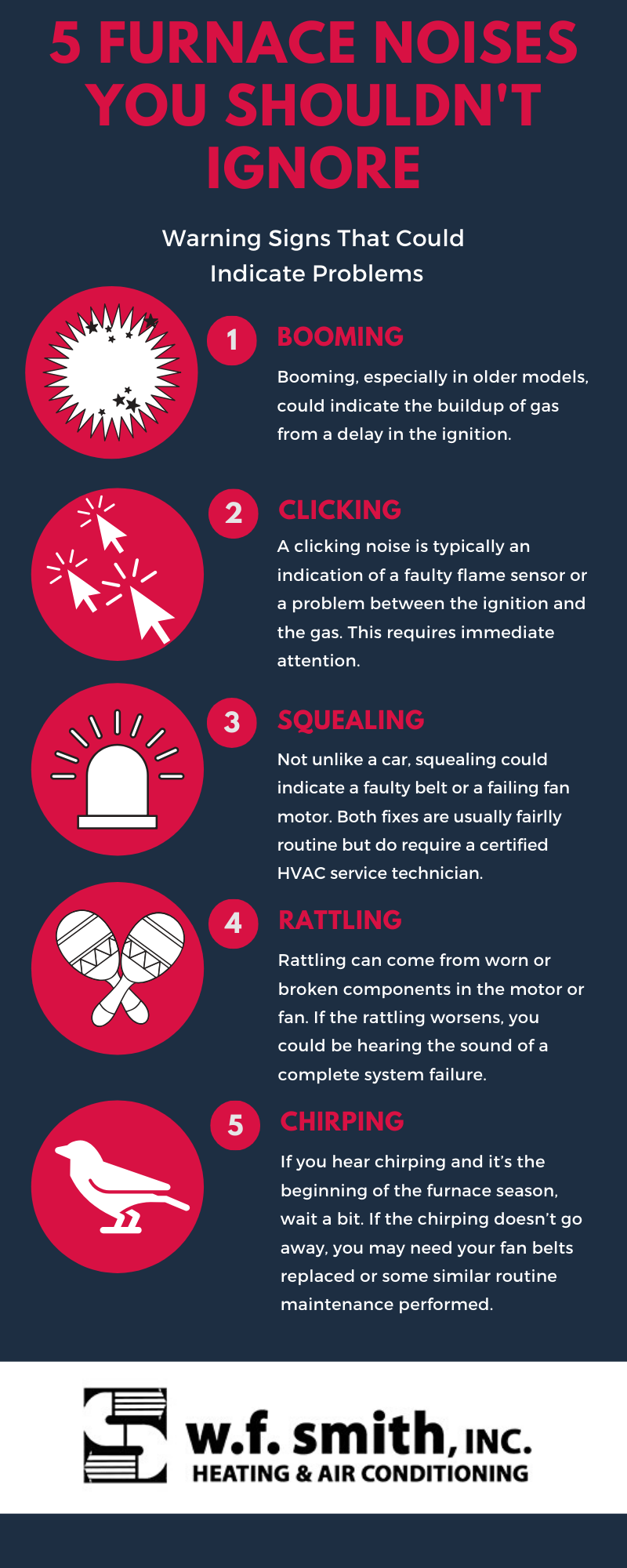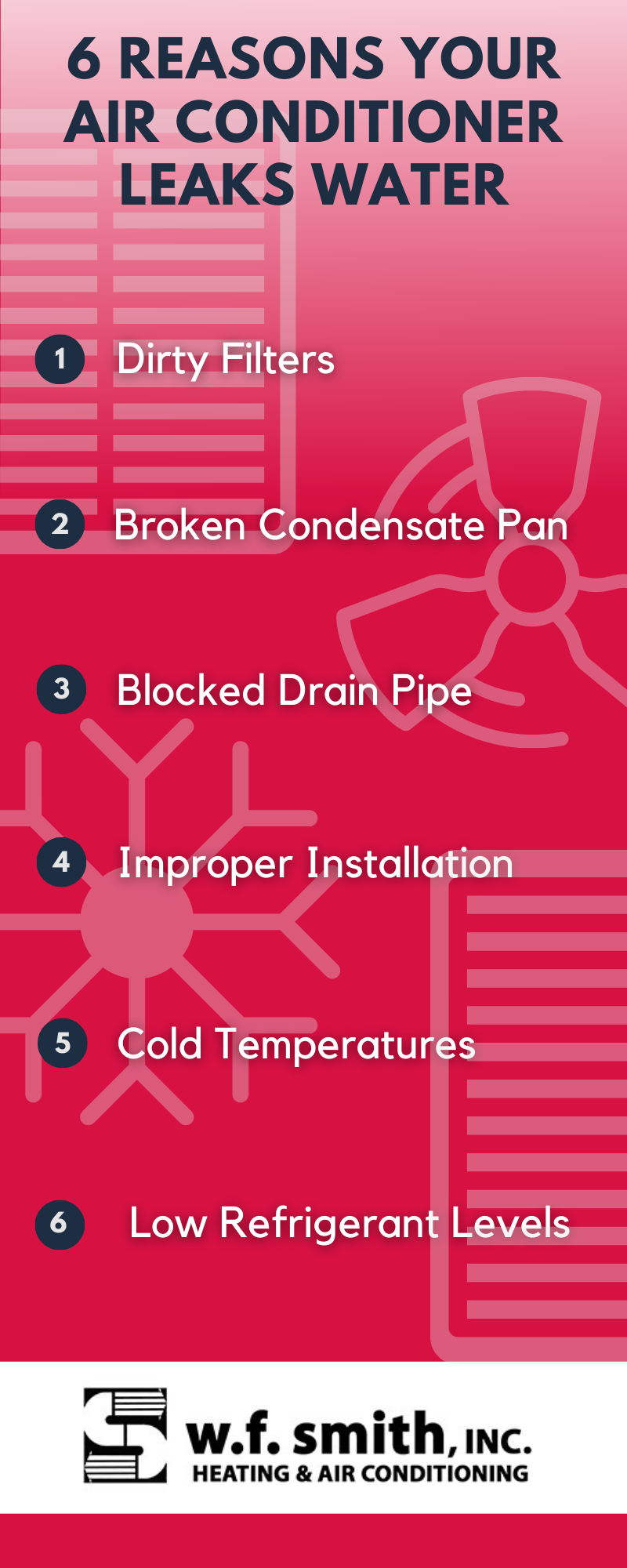The holidays are a busy time for most. You’re probably going to have to do a good bit of holiday shopping depending on the size of your family and you may even have guests over for a holiday dinner. You’re going to quickly notice that all of this is going to affect your energy costs.
You’ll want to keep your home nice and warm for all of your friends and family that stay over, after all. Not to mention that there’s a pretty good chance you’ll be imprisoned in your kitchen trying desperately to put together an assortment of holiday dishes without catching fire to your house.
All of this can be stressful enough as it is without the added anxiety caused by pouring over those high energy bills – so let us provide you with a few tips that can help you reduce your energy costs during the holiday season:
Heating Tips: How to Save Energy During the Holidays
1. Keep the Oven Closed
We know you want to check on that Christmas ham and maybe get a whiff of that delicious aroma, but every time you open the oven door the oven’s temperature drops as much as 25 degrees. Resist checking whatever it is your baking way before you know that it’ll be done and if you do need to check it, simply turn the oven light on and look through the window.
2. Match Pans & Burners
When using your stove top, make sure that the pans or pots you are heating up fit on the burner. If you place a small six-inch pan on an eight-inch burner, you’re going to end up losing a lot of heat. Conversely, if you place an eight-inch pan on a six-inch burner, it’s going to take much longer than usual to heat your food up.
3. Run Full Dishwasher Loads
The dishwasher will actually use less water than if you wash dishes by hand – and if you have guests over, the last thing you want to do is spend all day washing their dishes anyway. Just make sure you only run the dishwasher when there is a full load – and if you rinse your dishes before putting them in the dishwasher, rinse them using cold water. Hot water takes up a lot of energy to heat.
4. Schedule a Heating Inspection
You don’t want your heating system breaking down in the middle of a family meal, nor do you want your heating system working so inefficiently that your heating bills are astronomical. Have your furnace inspected (or heat pump, depending on your heating system) before the holidays hit so you can repair any issues before they become costly.
5. Insulate Your Attic
Insulate your attic to make sure your home’s heat doesn’t escape your house when temperatures drop during the holidays. This will help keep heat trapped inside your home, thereby keeping you and your guests warm and comfortable.
Philadelphia’s Heating Experts for 70 Years
These are just a few holiday heating tips that you should keep in mind to keep energy costs down and comfort up. For information about our heating services, contact us at W.F. Smith today.



